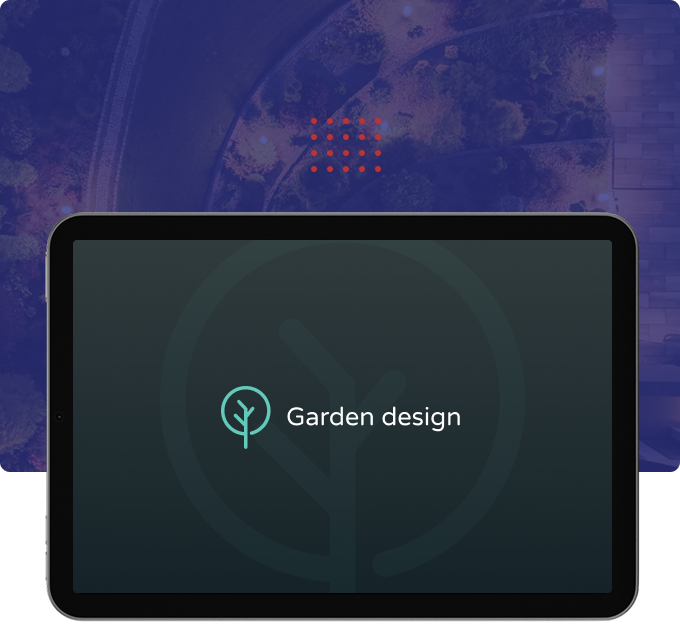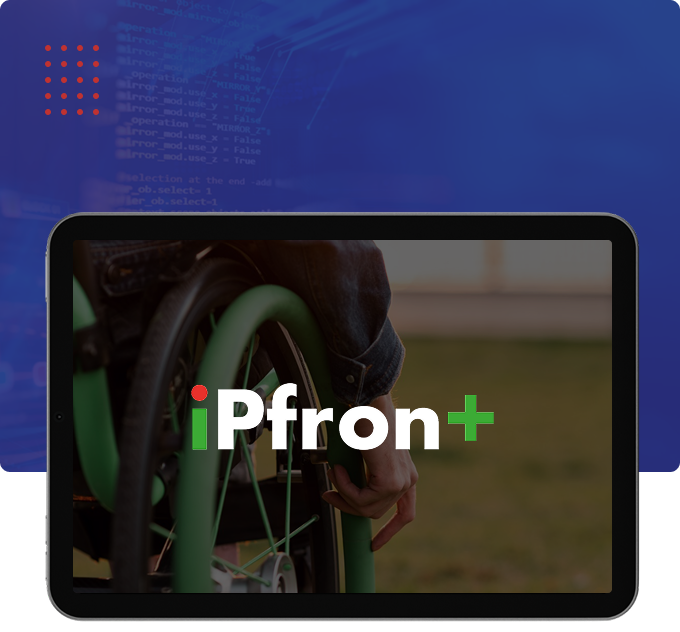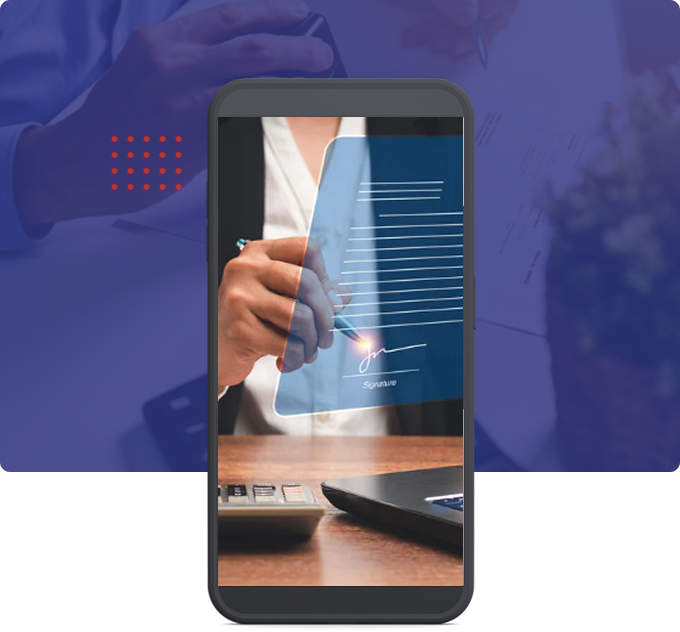What was the business need?
The idea was born on the basis of a garden planning system created fifteen years ago, which these days was far from the standard and was technologically outdated, which did not allow it to be expanded with further functionalities, as well as visually unattractive, which is of great importance from the user’s point of view.
As a result, a decision was made to create a completely new solution, which will be based on the original idea, but will be based on modern technologies and current IT trends.

What was the solution?
The application prototype allows the client to make a design of the garden of their dreams and visualize it
in real time. The project was based on the Unity Engine, which, after analyzing other tools available on the market, turned out to be the best adapted to various types of solutions: web, mobile and desktop. The choice
of Unity Engine was also dictated by the support that the engine’s manufacturer offers to users, and this
provides a guarantee of stability and security.
Functionalities:
- The ability to log in to your profile and view your designs,
- Simple drag-and-drop design method,
- A filter to search for plants, objects (pool, garage, trampoline, gazebo, etc.) and substrates (gravel, asphalt, stoneware, etc.),
- The ability to present the virtual garden in 2D perspective,
- The ability to change the size of objects (both buildings and anything in the garden, such as a pool, garage, gazebo, etc.),
- Presentation of the garden taking into account the time of day,
- Visualization of plants taking into account the time of year,
- The ability to save the completed garden design.
The proposed solution provides the opportunity to integrate the prototype with an existing sales or payment system. The lack of a similar tool on the market will make the developer associated with innovation and the latest technologies.








